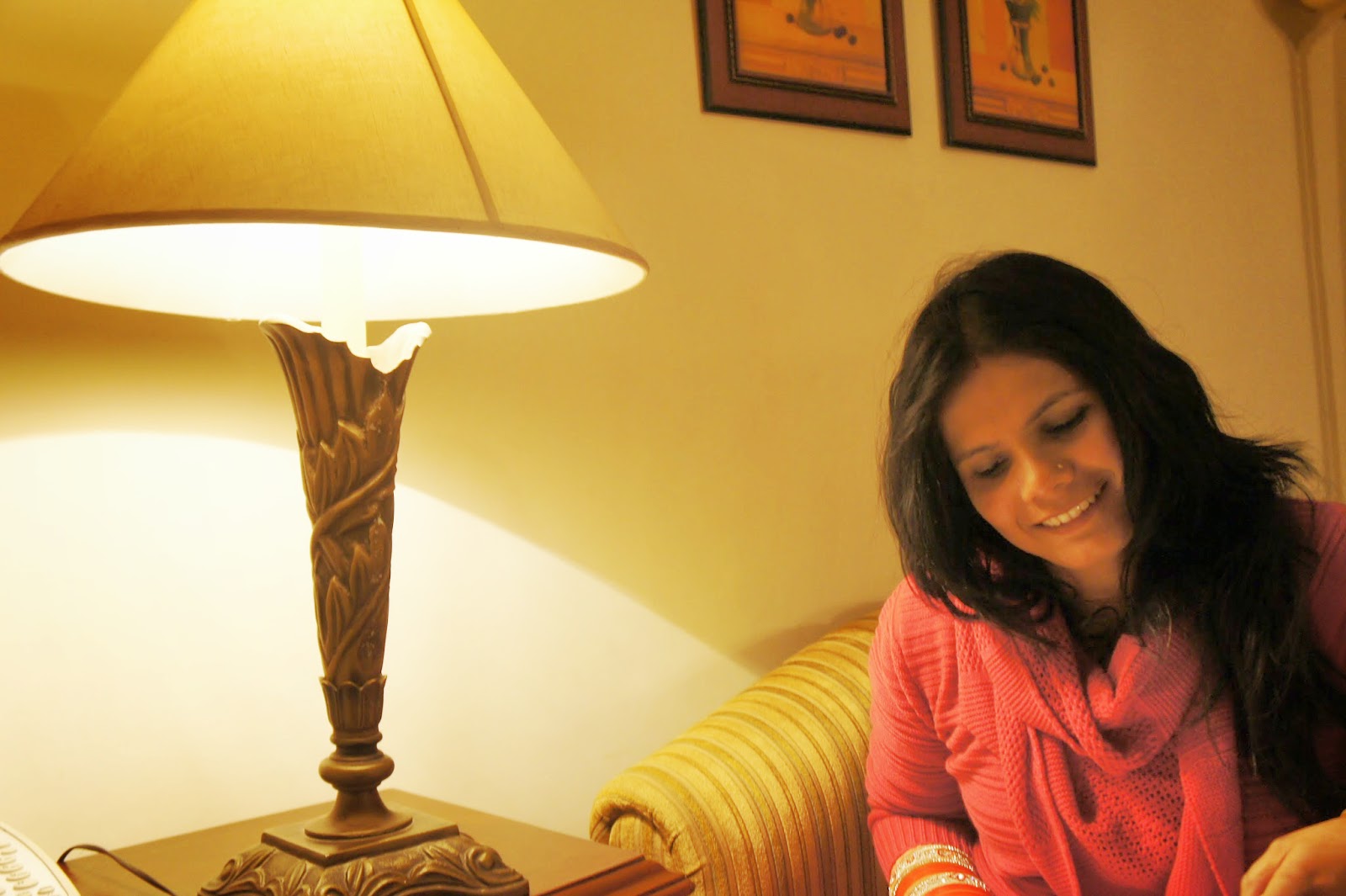Finding Structure in Academic Schedules
Today I have the pleasure of inviting Nivedita to discuss her daily schedule with us. Nivedita is a PhD student at Indian Institute of Technology Delhi, India. Her research is on automated forensic analysis of handwriting. She received a bachelor degree in biological science from University of Delhi. After that she did masters in forensic science from National institute of criminology and forensic sciences. She has a master degree in computer applications also. Currently, she is a Postdoctoral scholar in University of Joseph Fourier, Grenoble, France.
I was a very disorganized person when I started my doctoral degree. Like any other first year graduate student I was also lost in the fascinating disneylandish world of social networks. I was not able to maintain my routine. Then I joined twitter, which proved to be the only helpful social media. After reading about fellow PhD students and their strict working schedule I was so amazed that the people are also flooded with deadlines and yet they were able to find time for their hobbies, family time, a daily jog, holidays etc. I also decided to include some of tried and tested methods of others in my daily routine. During that time I was aware of Pomodoro technique, leech block and other productivity tools. I had a serious concentration problem so I started using pomodoro for my important tasks.
Maintaining a time table made my life easier. I used to jot down my weekly schedule on a macro level a week ahead and used to add micro level detailing a day ahead. It took me some 20 min on average to plan for a day. So, I had a rough map of my daily activities in mind. I was not clueless about the stuff to manage , when I switched on my computer every morning.
I observed my work patterns for a week and noticed that morning hours are best for my creativity as there were less people in the lab and I could concentrate without any distraction. I had to block my entertainment zone i.e., the few sites and notifications which distracted me a lot.
I grabbed those golden hours in the morning when I was most productive. For me, morning 8:30 to 12:00 were best. If I had to start anything new I used to do that in the morning. And afternoons were mostly dedicated to reviewing work, meetings or discussions with fellow lab mates about my work over a cup of coffee.
Apart from serious research work, you should always include something in the schedule which makes you feel alive. I had included my evening walks for that. It made me feel energetic all over again so that during the night from 9pm -11pm I could devote some time to reading some paper or a book and do some planning for the next day.
I included Silva method of mind relaxation in my schedule. There is no need of a special time or place for that you can do the meditation right from your workstation whenever you feel exhausted. Read about other things of your interest that may or may not be related with your research. Seek inspiration from others. Celebrate each small success because happy people are more productive.
It is okay to be mean to devote specific hours for your difficult targets when you will not oblige any discussion or distraction by anyone. Go into no internet zone and put your phone on silent mode. Don’t let any task or other distraction snatch these block timings from you. Believe me at the end of doctoral degree you wont regret it.
Don’t devoid yourself from simple pleasures of life just do some management to accommodate them in your time table. Planning, planning and more planning is all what is required for a successful completion of your degree. Don’t become isolated, learn to do networking and show interest in other peoples work. It’s your PhD, you have to take control of it. If you can manage to do that you will enjoy this journey.


leechblock has been an absolute lifesaver for me!
Yeah I second you on that. It saved my life too 🙂